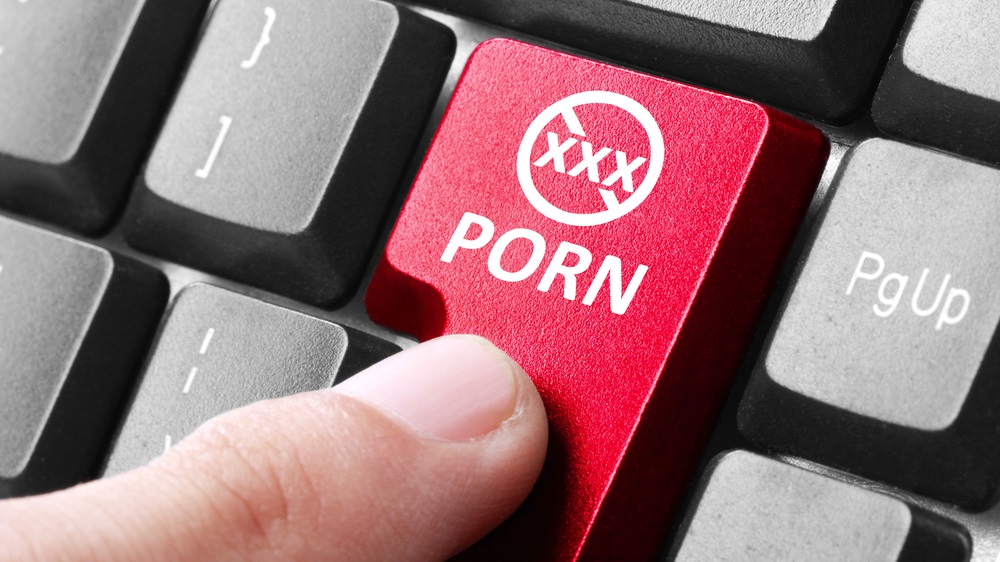UK porn block could affect Twitter and Facebook
Social media is a concern to MPs

The government's war on porn might also encompass social media if ministers have their way. Tory MP John Whittingdale has suggested that while the proposed "porn block" takes care of the wider internet, the problem of adult content on Twitter, Facebook and Instagram continues to be an issue.
Whittingdale told parliament that social media is "one of the main ways in which young people are now exposed to pornography".
The Digital Economy Bill, which is being debated by MPs, proposes that adult sites are required to verify the age of anyone using them. It will require that any site, either in the UK or elsewhere, use a more robust system to ensure that users are old enough to view that content.
Twitter doesn't restrict the use of porn on its service, although it does prohibit it in profile images. Facebook and Instagram take a much harder line on the content, restricting everything from porn through to more legitimate images. Facebook in particular bans even breastfeeding photos if they contain a nipple, in spite of nearly every human being fitted with them as standard.
The government has said that the British Board of Film Classification will manage the age restriction day-to-day. However the bill targets only companies that make money from the hosting of porn through subscriptions or advertising. But digital minister Matt Hancock says that most children are exposed to porn by accident initially.
Twitter could employ more stringent geographical blocking on content. The company, for example, blocks any content that supports Nazi ideologies in Germany, where such content is illegal. It could, therefore, adopt more strict rules in the UK if needed. However tools like VPNs, or even setting your home country as something other than the UK would potentially allow users to skirt such a block.
It's quite clear that the Digital Economy Bill has some serious work before it can hope to restrict the access to adult content. Even blocking porn on the web and on social media would still do little to prevent under-18s from being sent videos or photos via other messaging services.
Sign up for breaking news, reviews, opinion, top tech deals, and more.